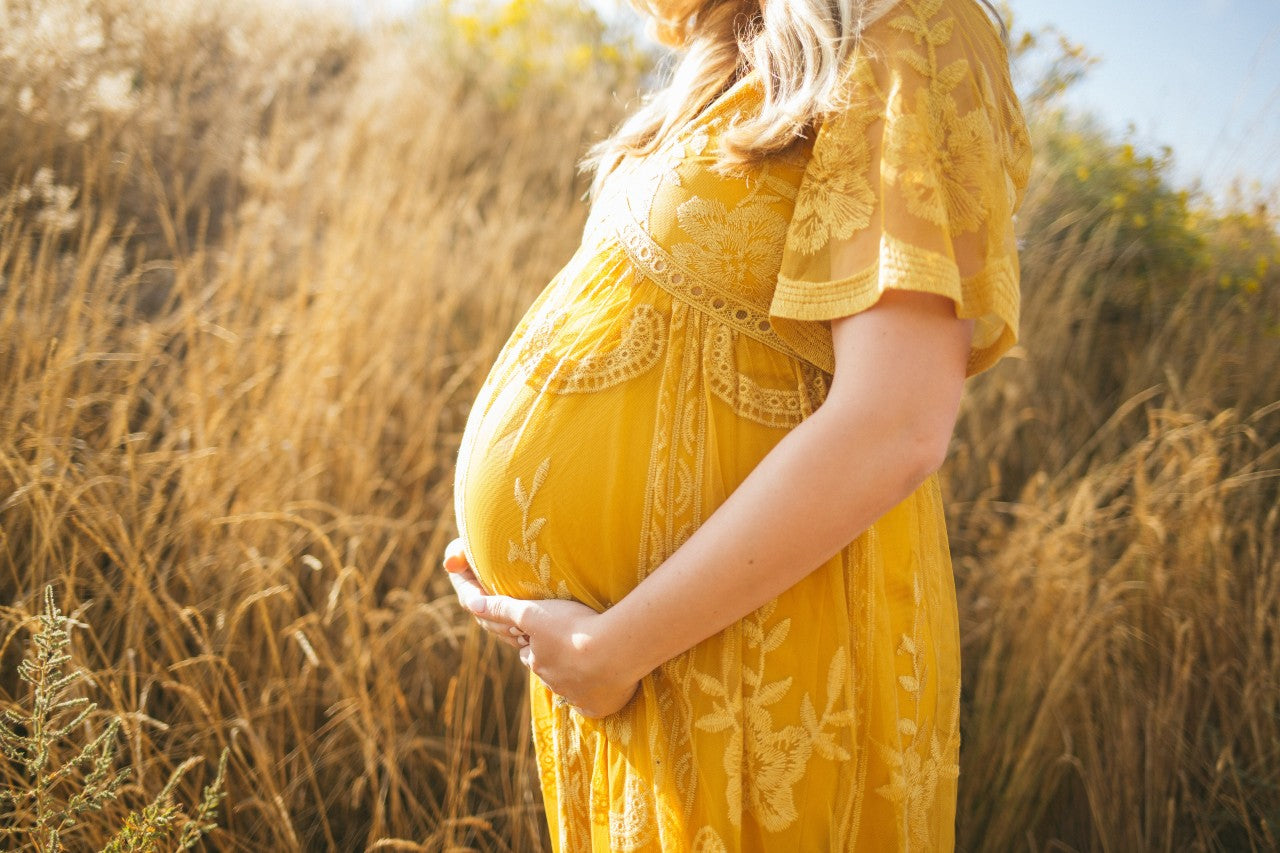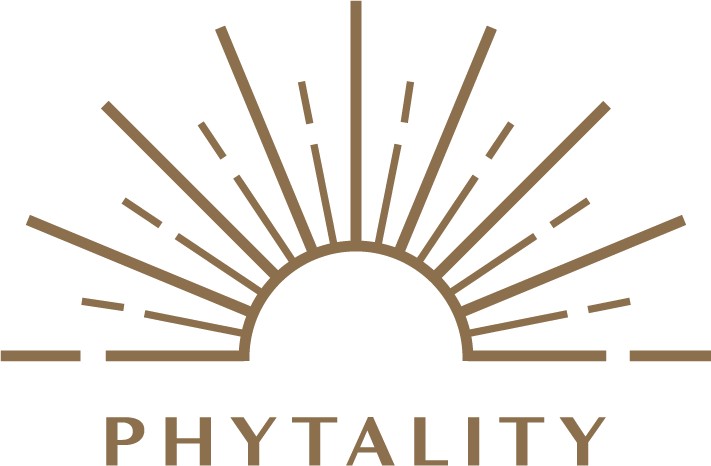
There's increasing evidence that DHA supplementation during pregnancy helps infant development. DHA is, in fact, part of what the brain is made of, and the growing foetus seems to literally suck up DHA in preference to other fatty acids.
As well as for brain development, it DHA is also important for the development of the retina, which is the part of the eye responsible for processing visual information. Research shows that infants who receive adequate levels of DHA in utero have better visual acuity and hand-eye coordination compared to those who do not.
DHA is involved in regulating heart rhythm and blood pressure and may help ensure the growth and development of the fetal heart and cardiovascular system.
Whether or not ingesting a bucketload of the stuff is going to give you a baby Einstein is yet to be proven, but it certainly can't hurt to take in the best nutrition possible while pregnant.
But in this day and age, what supplement can you actually trust? We explore your options below.

What is the Best Source of Omega-3 DHA for Pregnancy?
In the old days, fish was the obvious choice. Fish such as salmon, tuna trout, mussels, oysters and cod are packed with DHA which is one of the reasons that fishing communities with greater access to this type of food demonstrated the positive health benefits which led to the discovery of essential fatty acids.
Of course, in today's world, oceanic pollution and the resulting contamination of the seas with heavy metals and PCB's make fish a no-go area for most. Aside from this, many people are choose veganism or vegetarianism for ethical reasons meaning another supplement is necessary if you want high potency DHA.
Algae oil has therefore become the default replacement for fish oil as it is almost unique in the vegetable kingdom for its potency of short chain essential fatty acids. This gives it a noteable advantage over other potent vegetarian lipid sources such as alpha-linolenic acid (ALA), found in flax seeds. ALA is only poorly by converted by the human body into eicosapentaenoic (EPA) and docosahexaenoic acid (DHA) meaning the results are nothing like as effective.
In fact, it is by eating microalge that the fish accrue high levels of fatty acids in their body's anyway, so it makes sense to go to the source.
Factors to Consider When Choosing a PreNatal DHA Supplement
When choosing a prenatal DHA supplement, it is important to consider the following factors:
- Purity and Safety: Choose a DHA supplement that is free of contaminants such as mercury, lead, and PCBs. Ensure the supplement has been independently tested and certified for purity and safety.
- Dosage: Look for a DHA supplement that provides a dose within the recommended range for pregnancy, typically 500 mg per day. (NHS)
- Sustainability: If you are concerned about the environmental impact of fishing, consider choosing an algal oil supplement like Clean Omega which is produced in a controlled environment, without solvents.
- Allergen Concerns: If you have any allergies or intolerances, ensure the supplement you choose is free of allergens such as soy, gluten, and nuts.
- Brand Reputation: Choose a reputable brand that has a good track record and is known for producing high-quality supplements.
Algae Oil is the Cleanest and Safest DHA Source
Over the last twenty years, scientists have been refining the process of growing microalgae under laboratory conditions. The method of choice is a bioreactor - essentially a closed loop system of glass tubes in which the exact combination of heat, nutrients and light can be modulated to create algae oils that are completely pure, and which demonstrate a high lipid content.
The result is a product that is completely sustainable, completely vegan, and bioavailable.
Algae oil is now well on its way to becoming the default source of DHA in most high end supplements.
'Clean-Omega-3' is the World's Purest Vegan DHA Supplement for Pregnancy
As the pioneers of marine phytoplankton, Phytality produces the most premium vegan supplements in the world with a specific focus on microalgae.
We spent several years creating our Vegan DHA supplement Clean Omega-3 with the intention of making it the purest product on the market. The benefits compared to competitors are as follows:
- Zero oxidisation or rancidity
- Clean, pure, lab tested
- Sustainably produced
- Neutral flavour (no more fish burps)
- Extracted from a ‘natural unmodified’ wild strain of micro-algae called Schizochytrium sp
- Each capsule offers 250mg of DHA
- Solvent free
- Certified Vegan
Recommendations for Supplementing DHA During Pregnancy
Amount to take: It is recommended that pregnant women consume 500mgmg of DHA (an omega-3 fatty acid) per day.
Best time to start taking it: It is best to start taking DHA as soon as possible during pregnancy, ideally before conception and throughout pregnancy and breastfeeding.
Tips for incorporating it into your diet:
- While whole food sources include fatty fish such as salmon, sardines, and anchovies, you'll need to care about sourcing due to potential concerns about toxicity.
- Take DHA supplements in the form of soft gels.
- Consider DHA-enriched eggs, milk, and juice.
- Incorporate ALA-rich plant-based sources like chia seeds, flaxseeds, and walnuts into your diet. The body can convert these to DHA, albeit poorly.
DHA in Pregnancy FAQs
Which DHA is best for pregnancy?
Phytality Clean Omega is a high-quality DHA supplement that is specifically formulated for pregnant and breastfeeding women. It is made from sustainably sourced fish oil and is free from contaminants and additives.
When should I start taking DHA during pregnancy?
It is recommended that pregnant women start taking DHA supplements as early as possible, ideally before conception or during the first trimester of pregnancy. However, it is still beneficial to start taking DHA supplements in the second or third trimester.
How much DHA is recommended during pregnancy?
The NHS recommends that pregnant women take a daily DHA supplement containing at 500mg of DHA. However, your healthcare provider may recommend a different dose based on your individual needs.
Is it too late to take DHA during pregnancy?
No, it is never too late to start taking DHA supplements during pregnancy. Even if you have not been taking DHA supplements, it is still beneficial to start taking them in the second or third trimester.
What trimester is DHA most important?
DHA is important throughout pregnancy, but it is especially important during the third trimester when the baby's brain and nervous system are rapidly developing.
When should I stop DHA during pregnancy?
It is safe to continue taking DHA supplements throughout pregnancy and while breastfeeding. However, you should always consult with your healthcare provider before starting or stopping any supplements.
Do you need DHA throughout pregnancy?
Yes, DHA is an essential nutrient that is important for the healthy development of the baby's brain and nervous system. It is recommended that pregnant and breastfeeding women take a daily DHA supplement to ensure they are getting enough of this important nutrient.
